- Car Model Introduction
- Japanese Used Car
Japanese Hybrid Cars in Sydney: A Detailed Comparison and Their Unique Benefits

In Sydney, where urban mobility is key to navigating the bustling city streets, the popularity of hybrid cars is on the rise, especially those hailing from Japan known for their efficiency and innovation. This article delves into the structure and advantages of Japanese-made hybrid vehicles, examining why they’ve become a favored choice among Sydney’s environmentally conscious and cost-savvy drivers. From the intricacies of hybrid technology to the tangible benefits they offer in terms of fuel efficiency and reduced environmental impact, we explore what makes these vehicles a smart choice for navigating the future of urban transportation in Sydney.
Introduction
Sydney's Growing Popularity of Hybrid Cars and the Reasons Behind It
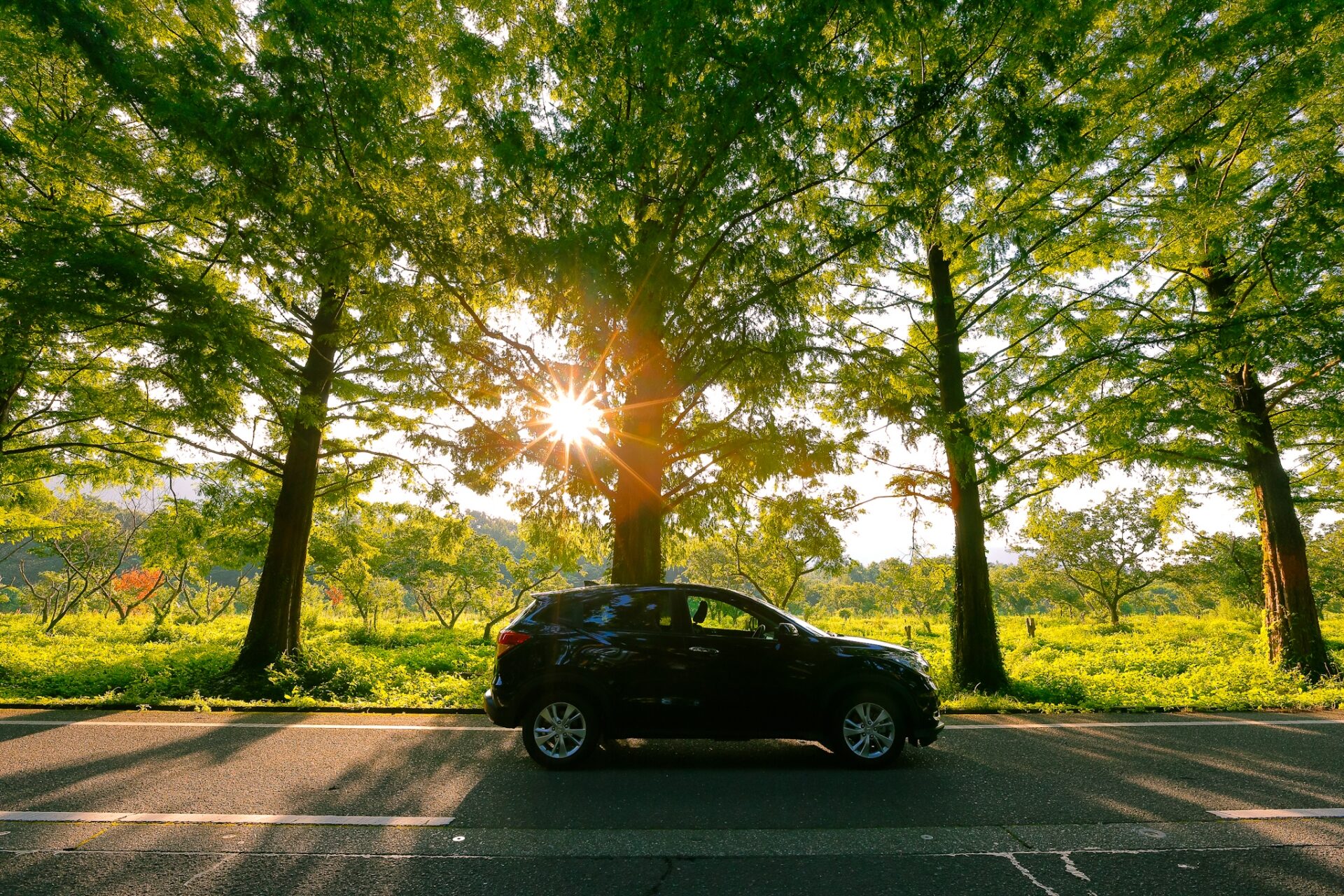
In Sydney, the popularity of hybrid cars is surging rapidly, driven by their high fuel efficiency and environmental benefits. Especially in urban areas, the dense traffic and congestion necessitate vehicles with good fuel economy. Hybrid cars, utilising both petrol and electric power, reduce fuel consumption and CO2 emissions. Additionally, the strict emission regulations in Sydney’s city centre make hybrid cars a preferable choice for cleaner driving.
The Benefits of Choosing Japanese Hybrid Cars
Opting for a Japanese hybrid car comes with numerous advantages. Firstly, Japanese automakers are pioneers in hybrid technology, boasting high technical prowess and reliability. Japanese hybrid cars offer exceptional fuel efficiency and stable performance over time. Furthermore, these vehicles generally incur low maintenance costs, contributing to a lower total cost of ownership. The high resale value of Japanese cars also means less depreciation after purchase, making them cost-effective options for urban environments like Sydney.
Hybrid Car Systems and Mechanisms
Basic Principles and Components of Hybrid Systems
Hybrid cars combine an electric motor with an internal combustion engine, though the specifics vary by manufacturer.
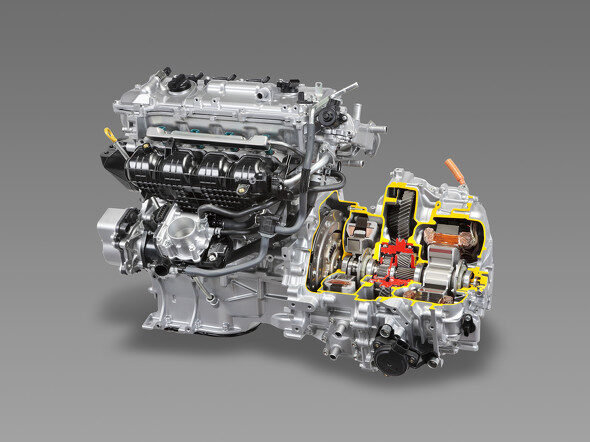
Toyota's Hybrid System
Toyota’s Hybrid System: Toyota employs a system known as “Hybrid Synergy Drive,” where the internal combustion engine and electric motor work seamlessly together. The electric motor primarily powers the vehicle at low speeds, with the gasoline engine taking over at higher speeds.
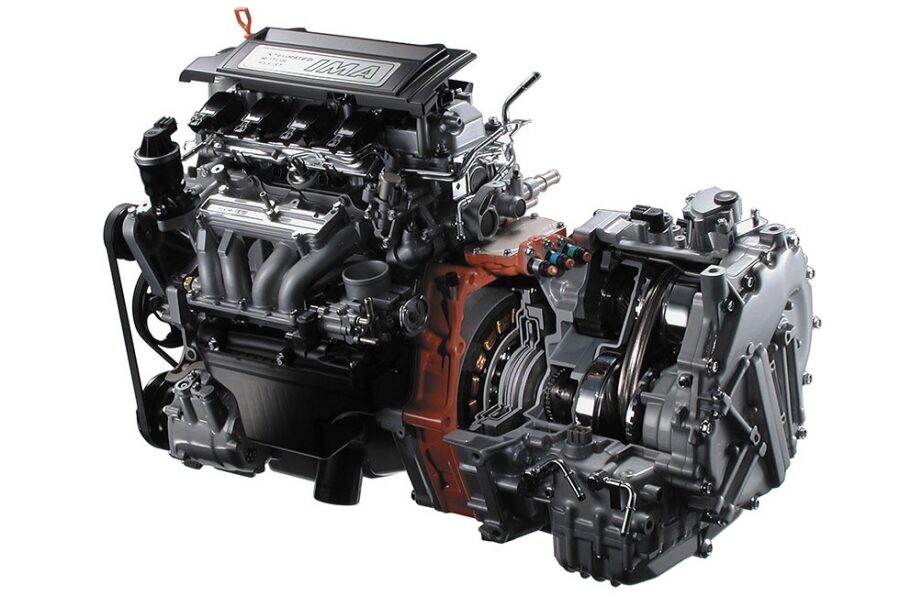
Honda's Hybrid System
Honda’s Hybrid System: Honda uses a system called “Integrated Motor Assist (IMA),” where the gasoline engine is the primary power source, and the electric motor plays a supporting role.
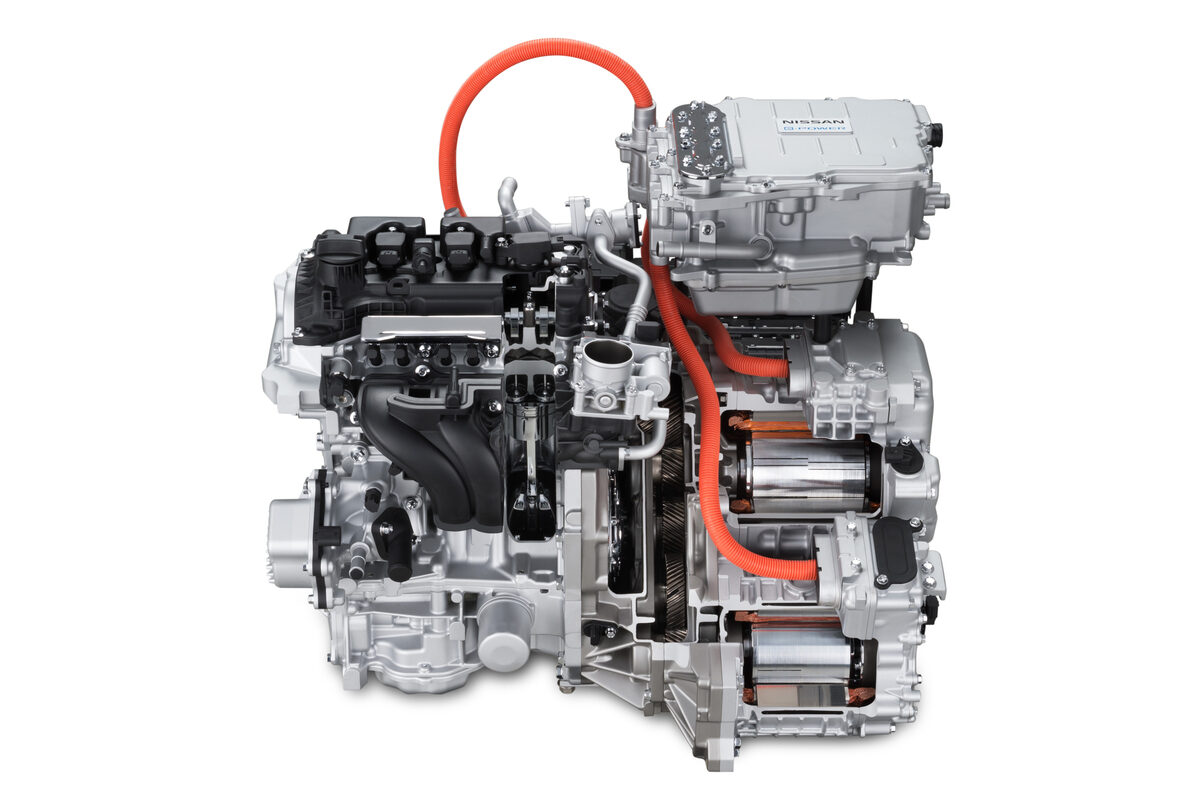
Nissan's e-POWER System
Nissan’s e-POWER System: Nissan has developed a system called “Intelligent Dual Clutch Control.” In this setup, one clutch controls the gasoline engine, while another manages the electric motor, efficiently optimizing energy use. Nissan’s e-POWER is a unique approach to hybrid technology, using the gasoline engine solely as a generator to power the electric motor, providing an EV-like driving experience without the need for external charging.
The Advantages of Combining Electric Motors and Internal Combustion Engines
Each hybrid system offers significant benefits in terms of fuel efficiency improvement and emission reduction.
Toyota: The balanced use of electric motors and engines improves fuel efficiency in both urban and highway driving.
Honda: The IMA system excels in urban fuel efficiency with its compact design.
Nissan’s e-POWER: The combination of engine-generated electricity and motor-driven propulsion offers smooth acceleration and quiet operation similar to electric vehicles, enhancing fuel efficiency.
Fuel Efficiency and Environmental Impact
Fuel Efficiency and CO2 Emission Reduction of Hybrid Cars
Hybrid cars significantly enhance fuel efficiency through their unique power systems. Compared to conventional internal combustion engine vehicles, hybrids greatly reduce fuel consumption. This is achieved by utilising the electric motor during low-speed driving and idling, minimising fuel use.
The regenerative braking system also recovers energy lost during driving, recharging the battery and further improving fuel efficiency. Consequently, CO2 emissions are substantially reduced, contributing to the reduction of greenhouse gases.
Reducing Environmental Impact in Sydney's Traffic Conditions
In major cities like Sydney, traffic-generated environmental impact is a significant concern. Hybrid cars offer an effective solution by significantly reducing fuel consumption and emissions in urban stop-and-go traffic. The electric motor’s low-speed operation reduces exhaust emissions, contributing to air quality improvement. Furthermore, the quiet operation of hybrid cars helps reduce noise pollution in urban areas. The proliferation of hybrid cars in Sydney represents an important step towards mitigating these environmental issues.
Features and Selection of Japanese Hybrid Cars
Quality and Reliability of Japanese Cars
Japanese hybrid cars are globally recognised for their high quality and reliability. Japanese automakers employ strict quality control and incorporate advanced technology to produce durable and dependable vehicles. Hybrid models, in particular, feature advanced electric motor and battery systems designed for long-term use. Additionally, Japanese cars typically have low maintenance costs and high resale values, ensuring a low total cost of ownership. Proper maintenance and care allow these vehicles to maintain high performance over a long period.
Choosing a Used Hybrid Car in Sydney: Key Points to Check
When selecting a used Japanese hybrid car in Sydney, several important points should be considered. It’s crucial to check the battery’s condition, as hybrid car batteries degrade over time. Verify the battery’s lifespan and any replacement history before purchase.
Additionally, inspect the vehicle’s maintenance records to ensure it has received regular services. Be wary of cars with a history of accidents or repairs. Low mileage is generally indicative of a well-maintained vehicle. Finally, taking the car for a test drive to check for any engine or motor issues, brake responsiveness, and unusual noises is essential.
Roundabout Australia offers a wide range of Japanese hybrid cars, all of which have undergone thorough maintenance checks and inspections, ensuring they meet our high standards.
Advice for Purchasing a Used Hybrid Car
Consider Battery Condition and Replacement Costs
When purchasing a used hybrid car, one of the most critical considerations is the battery’s condition. It’s vital to assess the health of the battery before buying and estimate any potential replacement costs. Since replacing a hybrid car’s battery can be expensive, it’s important to factor this into the vehicle’s price. Additionally, check for any warranty on the battery and its replacement history to forecast future costs and risks.
Availability of Warranty and Maintenance Services
Another significant factor when buying a used hybrid car is the availability of warranties and maintenance services. Some dealers offer limited warranties on used vehicles, which can provide peace of mind. Understanding the extent of coverage, especially for the hybrid system and critical components, is crucial. It’s also advisable to review the vehicle’s maintenance history to ensure it has been properly serviced. Effective management of these aspects can help anticipate maintenance costs over time.
Conclusion
The Future of Hybrid Car Use in Sydney
The use of hybrid cars in Sydney is expected to continue growing, driven by increasing environmental awareness and the emphasis on fuel efficiency. The characteristics of hybrid cars optimised for urban traffic conditions transform city commuting into a more efficient and environmentally friendly experience.
Furthermore, Sydney’s city policies may introduce incentives for the adoption of greener transportation methods, including hybrids and electric vehicles, contributing to their wider acceptance. Technological advancements are also likely to introduce new hybrid models with even greater fuel efficiency and performance.
Final Considerations for Purchasing a Japanese Used Hybrid Car
In conclusion, several key factors need to be considered when purchasing a used Japanese hybrid car. The most crucial is verifying the vehicle’s condition and maintenance history, with particular attention to the battery’s state. The remaining warranty period and the availability of manufacturer support are also important.
Additionally, consider the vehicle’s fuel efficiency, comfort, driving experience, and potential resale value, alongside the availability of parts for Japanese hybrid cars in Sydney. Evaluating these aspects holistically will help you choose a vehicle that fits your lifestyle and needs, ensuring a cost-effective and enjoyable driving experience in Sydney.
Popular

- Japanese Used Car
- Blog
The Pitfalls of Purchasing Imported Japanese Used Cars
27 February 2024

- Blog
Your Complete Guide to Buying a Used Car in Australia: From Pre-Purchase Inspection to Post-Purchase Maintenance
01 October 2024
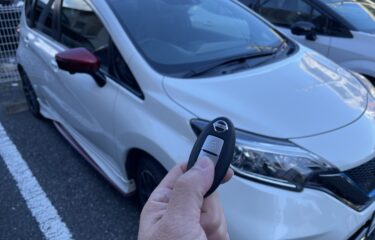
- Car Functions
- Blog
Smart Key Solutions: Battery Replacement and Troubleshooting
23 March 2024

